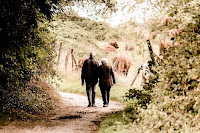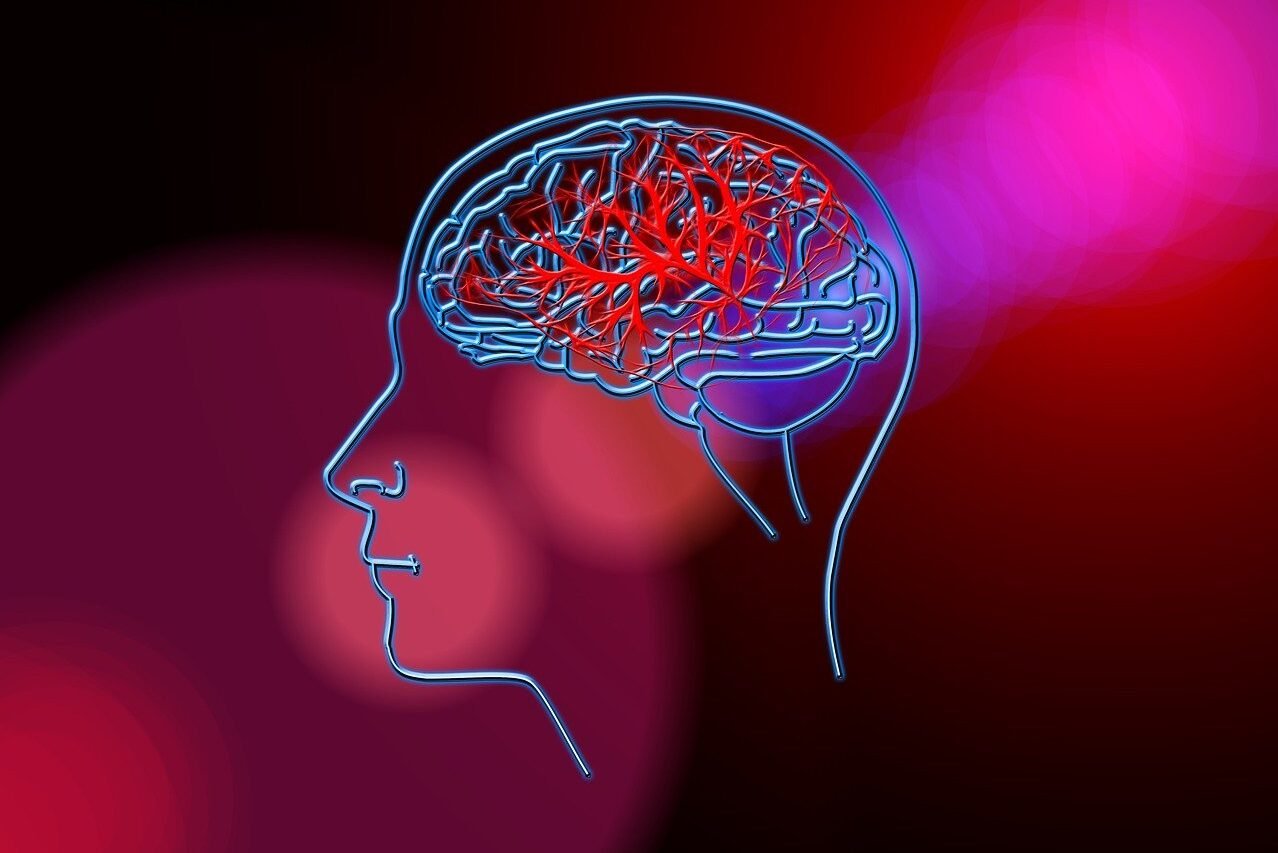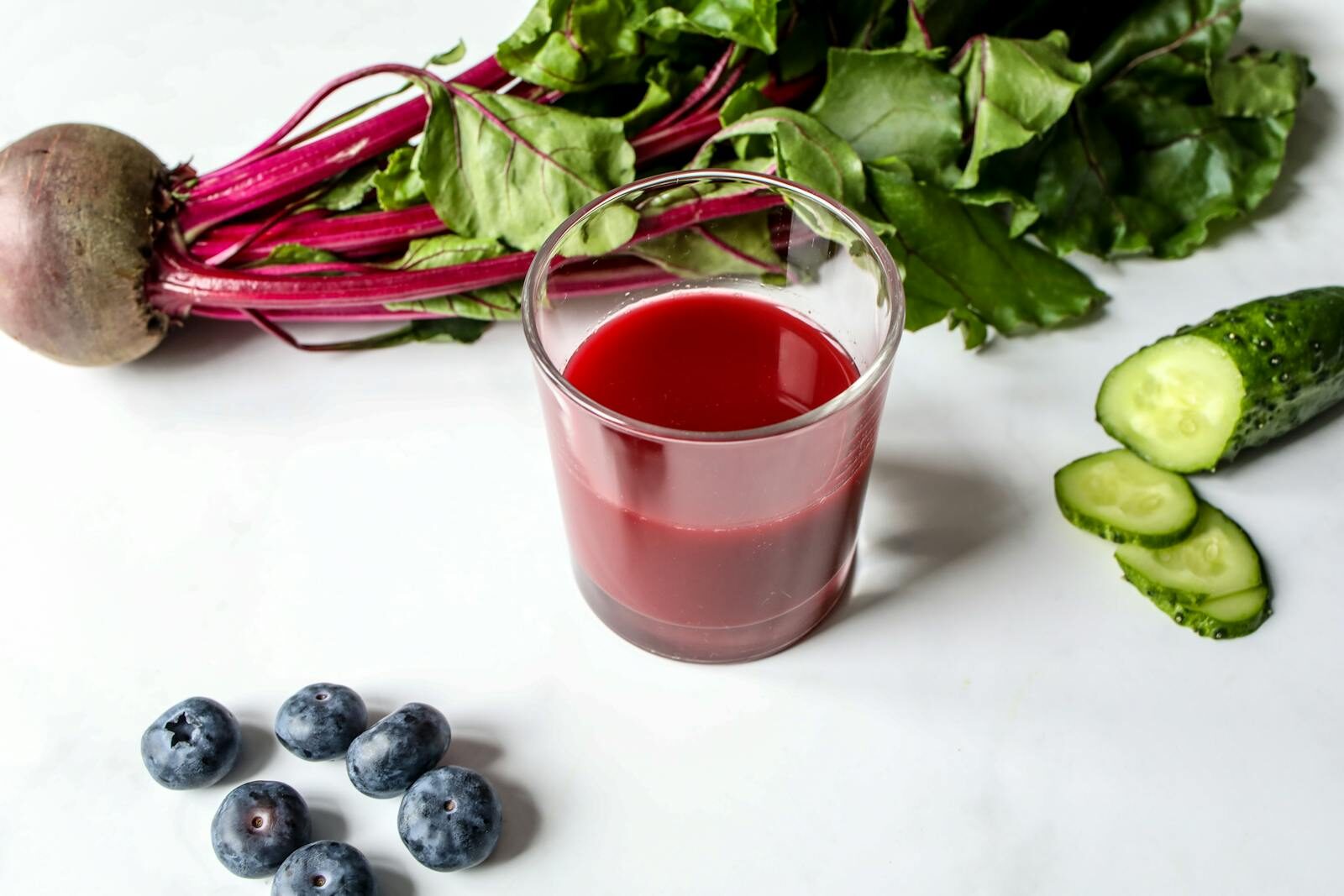
Vitamin D Fends Off Dementia
PREVENTION VIDEO + ARTICLE:
Researchers in Australia have discovered that taking sufficient Vitamin D can help stop Alzheimer’s. Learn more.

PREVENTION VIDEO + ARTICLE:
Researchers in Australia have discovered that taking sufficient Vitamin D can help stop Alzheimer’s. Learn more.

DIET VIDEO: The Nigerian Paradox wonders: Why are Alzheimer’s rates low in Nigeria, despite dangerous “Alzheimer’s gene” rates? Does Nigeria’s diet hold the key?

Strokes often trigger Vascular Dementia and Mixed Dementia. Just how effective are vegetarian and plant-based diets in protecting us from these common types of dementia?

New lab research shows high-sugar diets block brain cells performing anti-Alzheimer’s “housekeeping”. How strong is this diet-dementia link?

VIDEO+TRANSCRIPT: What are the best food sources of lutein, the primary carotenoid antioxidant in the brain?

CLR01, a “molecular tweezer”, keeps brain proteins from the clumping, or aggregating, that causes Alzheimer’s, Parkinson’s and Huntington’s dementia. Find out why CLR01 has strong potential as a new treatment.

CURCUMIN (FROM TURMERIC) destroys Alzheimer’s plaque. Japanese researchers are developing an atomizer that generates a curcumin aerosol to get it past the blood-brain barrier barrier. Find out more.

Strokes are a leading cause of Vascular Dementia. Just how much does eating a more plant-based diet lower the risk of having a stroke?

A daily cup of tea — and other delicious options — could help you to enjoy better health late in life. Read on to learn more.

Drinking to fight dementia? Which drinks are good and which are bad?
Harvard & Cleveland Clinic researchers offer scientific advice.

Getting out into the fresh air and taking a walk does good things for your brain and well-being, researchers say.

A new test that can be completed in less than three minutes enables simple, accurate detection of cognitive impairment and Alzheimer’s in cognitively normal adults, including those with no symptoms of dementia. Find out more.

Scientists say the neurons responsible for transforming experiences into memories are always the first to go in Alzheimer’s. Now they’re taking a closer look to try to figure out why, and what to do about it.

The protein BDNF builds synapses in the human brain, nurturing brain cells and fighting off dementia. While there is no artificial way of boosting it, social and cognitive activity can.

People may not have easy access to sophisticated, expensive dementia tests. A simple test from Einstein Medicine uses a stopwatch and a few questions to determine one’s risk of dementia. The potential payoff could be tremendous for individuals, their families and society.

Ketone-rich diets increase the SIRT3 protein that protects neurons from death during the progression of Alzheimer’s disease. But how does it work? Find out more.

People worry about becoming forgetful. Is it the first sign of Alzheimer’s or just the passing years? After all, forgetfulness is a normal part of aging. Check out these quick ways to tell the difference.
No spam, only news and updates.


